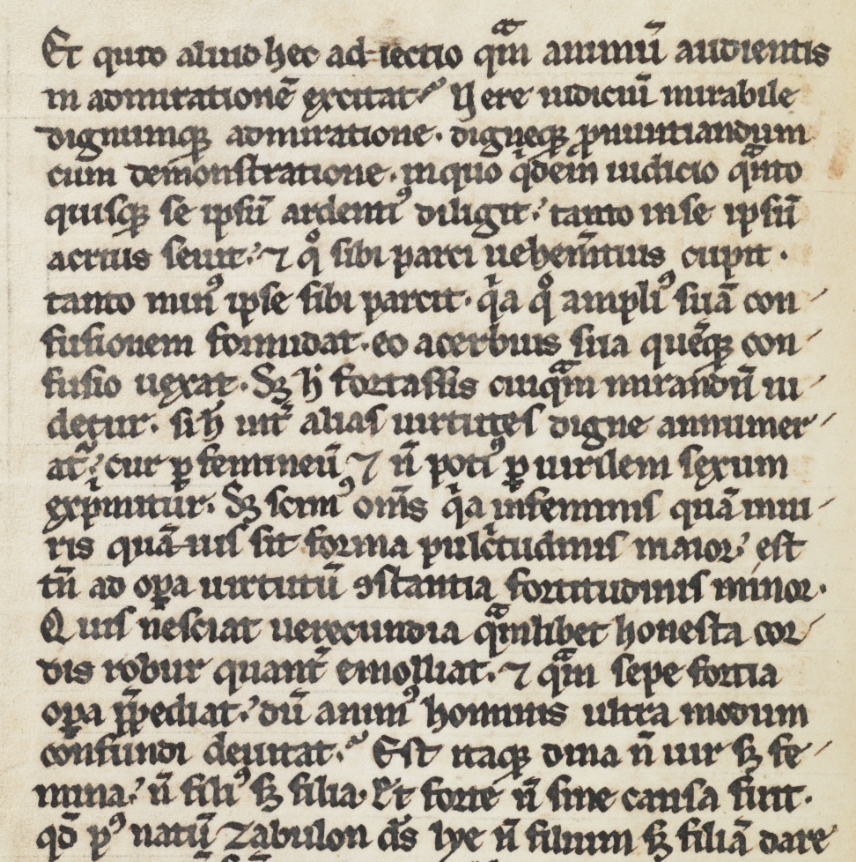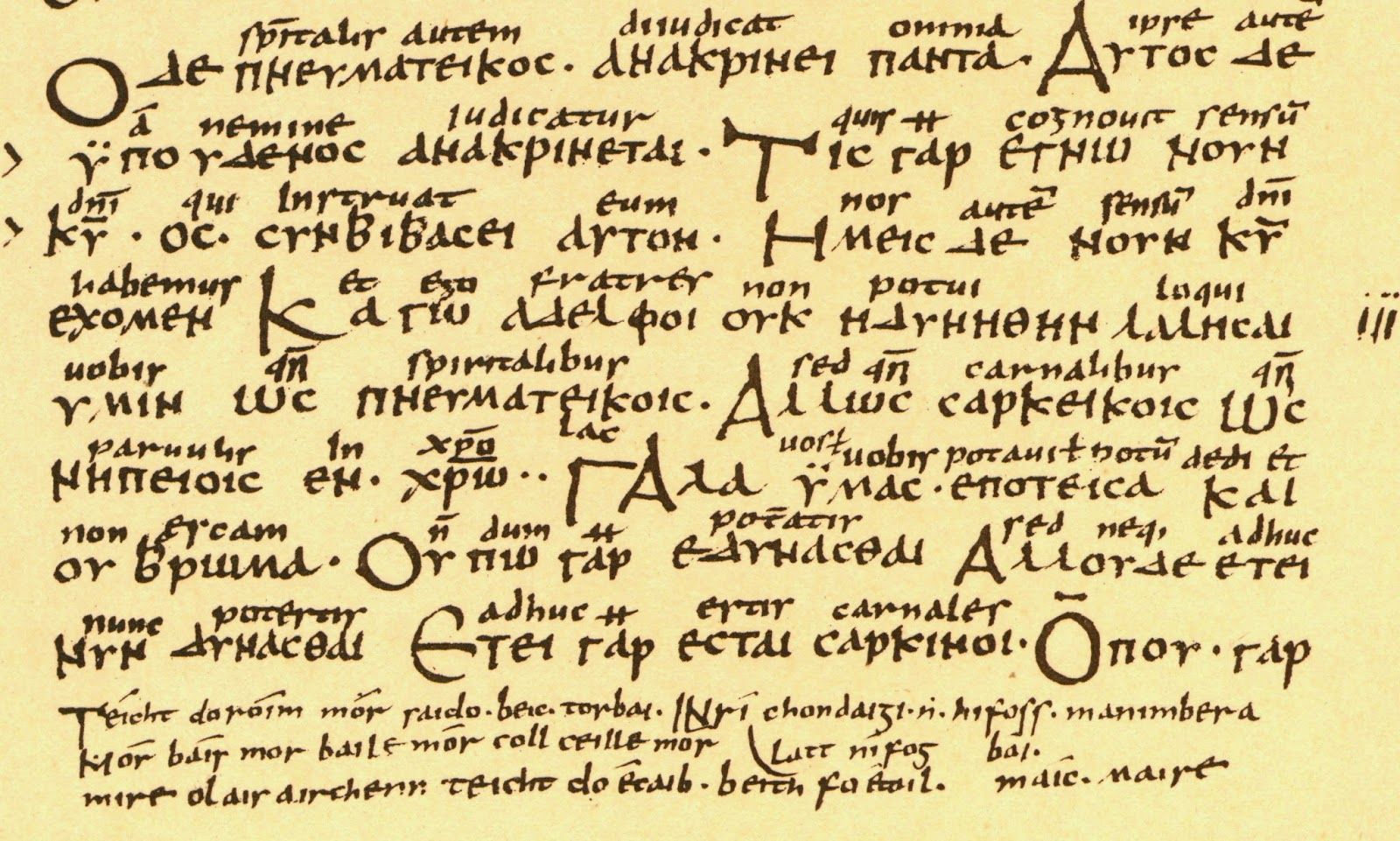Pause and Effect



As a matter of course, and almost without being conscious of the fact, we use punctuation to shape our writing.
From an early age we are taught to follow rules and suggestions for how to use periods, commas, hyphens, dashes and other punctuation marks to create meaning and guide readers.
Few things signify mainstream culture as strongly as punctuation and the proper use of punctuation—if you stray outside that box you will be soundly criticized and corrected.
However, you may not realize that punctuation is a relatively recent invention, and you may not know why punctuation was invented in the first place.

Punctuation goes hand in hand with spaces between words as a way to control how people read texts and think for themselves (see my recent newsletter on this topic).
Therefore, it may not come as a surprise that both punctuation and spaces between words were invented by the Church, which had an intense interest in controlling how people read and interpret scripture.
Punctuation marks were first used in the early Middle Ages as a way to grapple with the complexities of classical Latin. At that time, Latin was the sole language used for all elevated discourse in Europe, yet it was no longer a native language so Latin had to be studied and learned. Inventing and adding punctuation marks made it far easier to separate grammatical units and follow the meaning of texts that otherwise looked incomprehensible.


At the same time, adding punctuation completely alters the act of reading. A text is no longer neutral or open to interpretation because meaning, intention, and insight could now be dictated by a single, authoritative author.
In essence, if you accept punctuation you've let someone else create meaning for you.
This is not necessarily a bad thing. If you read a novel, or a poem, by a famous writer, you almost certainly want to hear that person's unique "voice." Or if you're following directions for a technical application, you probably want to precisely understand those directions.
However, there are also times when there might be value in playing with the conventions of punctuation and experimenting with ways to open up meaning. Using punctuation to highlight sentences, paragraphs, and pauses in your writing is a way to shape breath and movement, but these should be creative decisions rather than rules.

Over the past 1400 years, there have been a mind-boggling variety of highly creative ways that people have used (or removed) punctuation to shape the flow of words and ideas on a page.
For example, there was a time when people capitalized the last letter of a sentence and used that instead of a period to mark the end of an idea. And in the 12th century, there was a technique of using a level virgula (—) where the sense of an idea was complete, and an upright virgula (/) where the sense of an idea was incomplete.
Today, we now use a limited set of symbols and conventions, but it's important to understand that punctuation marks are nothing more than inventions that simply exist at a moment in time.
I'm always thinking about the ways that our creativity and potential are controlled and shaped without our awareness. Rules exist for reasons and we don't necessarily need to break rules, but it's helpful to understand the boundaries that have been placed around our lives, and then have the freedom to follow or break those rules as part of an authentic life.

Member discussion